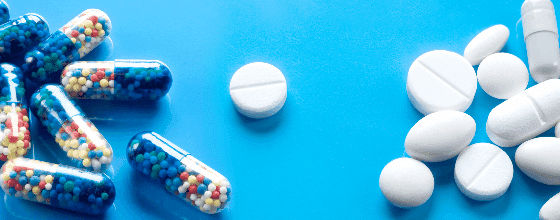Pharmaceutical Instrument Calibration – Biomedical Healthcare Calibration
In the Pharmaceutical industry, it is extremely vital for the instruments to be frequently calibrated. However, the calibration needs of all different instruments vary. Being costly, it is not practical to calibrate these instruments each time they are used.
Calibration frequency for whichever measuring instrument relies on an extensive range of aspects inclusive of quality standards, usage, damage risk and pace of drift.
Consult a NABL accredited lab like Prism Calibration Center, where we create a Pharmaceutical Instrument Calibration schedule according to a type of equipment used with flawless process requirements.
The 8 prominent factors should be considered while detailing the calibration frequency for all measuring instruments:
- Follow the equipment manufacturer’s recommendation
All measuring equipment has a different calibration frequency. Hence, always remember to follow the manufacturer’s recommendation.
- Measurement uncertainty
This key feature of measurement improves quality that mitigates risks, reduces costs and leads to faultless decisions. But this important parameter is usually overlooked. However, the necessity for better accuracy is not just as salient as it is the necessity to measure improved quality.
- Crucial measurement location
It is recommended to calibrate the most crucial locations more often than the lesser crucial ones.
- Stability record of measuring instrument
Verify the calibration frequency needed in past. This helps provide a great framework to schedule and plan the calibration.
- Workload and equipment operating conditions
Instruments that have either have excess workload or intense operating conditions demand calibration more often than the rest.
- Prior to crucial measurements
It is always a great idea to get the measuring equipment calibrated prior to taking any crucial measurement.
- Unexpected events
In case of an electric shock or fault, extreme pressure and weather changes, impacts such as a fall or any other arise, carry out a calibration procedure without any delay.
- Inconsistency is supposed in the final product
Any discrepancies or alterations from adequate performance criteria indicate the need of calibrating the instrument. Minor fluctuations are natural but if it crosses beyond the limit is a sign for immediate calibration is required.
Conclusion (Pharmaceutical Instrument Calibration)
To keep your business and consumers safe, it is particularly important to get your measuring instrument calibrated correctly. This ensures the product does not contaminate. Ensure your measuring equipment is calibrated with best practices at Prism Calibration Center which is NABL approved. The result follows reliable, precision, accuracy and quality with no compromise in the final product.







